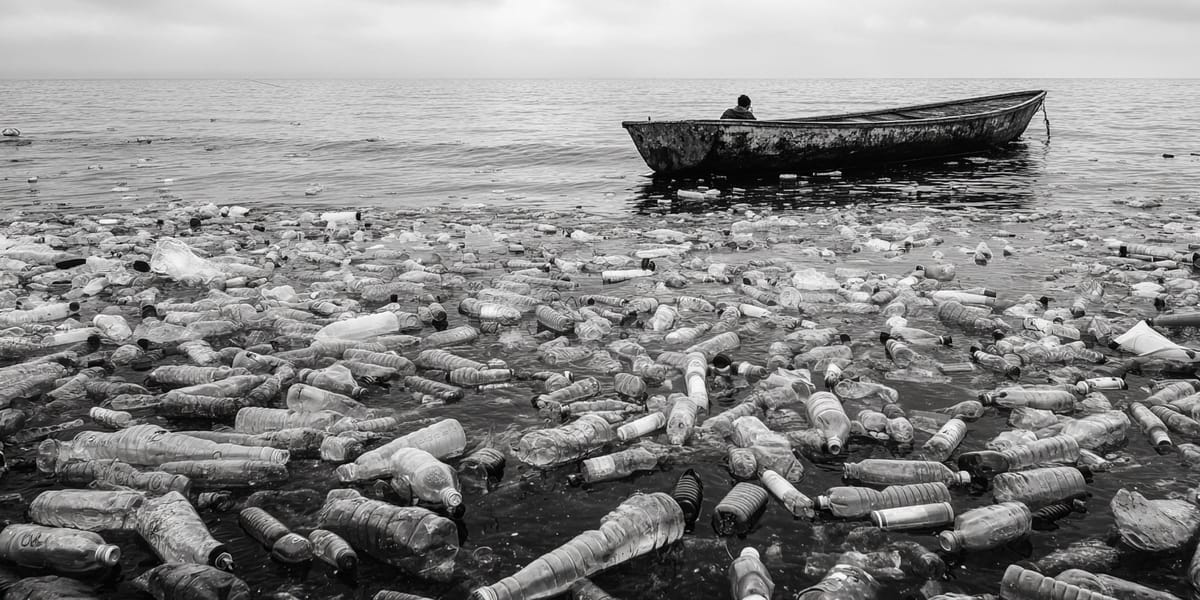Environmental Groups Push for Strong UN Plastic Pollution Treaty in Geneva

Environmental and Indigenous organizations gathered outside United Nations buildings in Geneva this week, demanding negotiators show courage and agree to a comprehensive global plastic pollution treaty. According to PBS NewsHour, these demonstrators represent organizations within the Break Free From Plastic movement. They traveled from around the world to make their voices heard during the final scheduled negotiations for what would become the first legally binding international agreement on plastic pollution.
The protests come as representatives from over 170 countries work to finalize treaty terms by Thursday, August 14, 2025. Panama's delegation leader Juan Carlos Monterrey Gomez publicly supported the activists, telling reporters that people worldwide need to pressure their governments to prioritize citizens over oil industry interests. Brett Nadrich, spokesperson for Break Free From Plastic, stated that civil society leaders are speaking with a unified voice for courage rather than compromise.
Why This Treaty Matters Now
The Geneva negotiations represent a once-in-a-lifetime opportunity to address escalating plastic pollution that threatens global ecosystems and human health. World Economic Forum data shows global plastic waste will reach 1.7 billion metric tons by 2060, with cumulative costs reaching $281 trillion. The organization places pollution among the ten most severe global risks expected over the next decade.
Current production exceeds 460 million metric tons annually, with approximately 20 million tons entering the environment each year. Microplastics now appear in human blood, breast milk, and major organs, creating direct health risks for populations worldwide. Mexico's chief negotiator Camila Zepeda noted that harmful additives in non-essential single-use plastics could be phased out through the treaty framework. The talks' urgency reflects the narrow window to prevent irreversible damage to marine ecosystems and food chains.
Industry and International Divides Shape Final Agreement
The most contentious issue dividing negotiators centers on whether the treaty should include production limits for virgin plastic or focus solely on waste management and recycling. Climate Home News reports that nearly 100 countries support reducing plastic production to sustainable levels, while oil-producing nations including Saudi Arabia, Russia, and Iran prefer voluntary recycling measures.
European Union officials stressed their commitment to securing legally binding agreements covering plastic's full lifecycle from production to disposal. Danish Environment Minister Magnus Heunicke confirmed the EU aims for maximum ambition while acknowledging not all parties share this vision. Industry representatives warn that production restrictions could increase costs globally and displace manufacturing jobs, particularly affecting developing economies. However, economists note the plastic sector faces overcapacity issues, with plants operating below capacity as profit margins collapse due to oversupply.
Further Reading
For deeper insights into global adoption trends, our Alternative Financial Systems Index tracks regulatory frameworks and adoption metrics across 50 countries. This comprehensive database examines how nations are adapting their financial systems to address sustainability challenges, including plastic pollution mitigation strategies.




